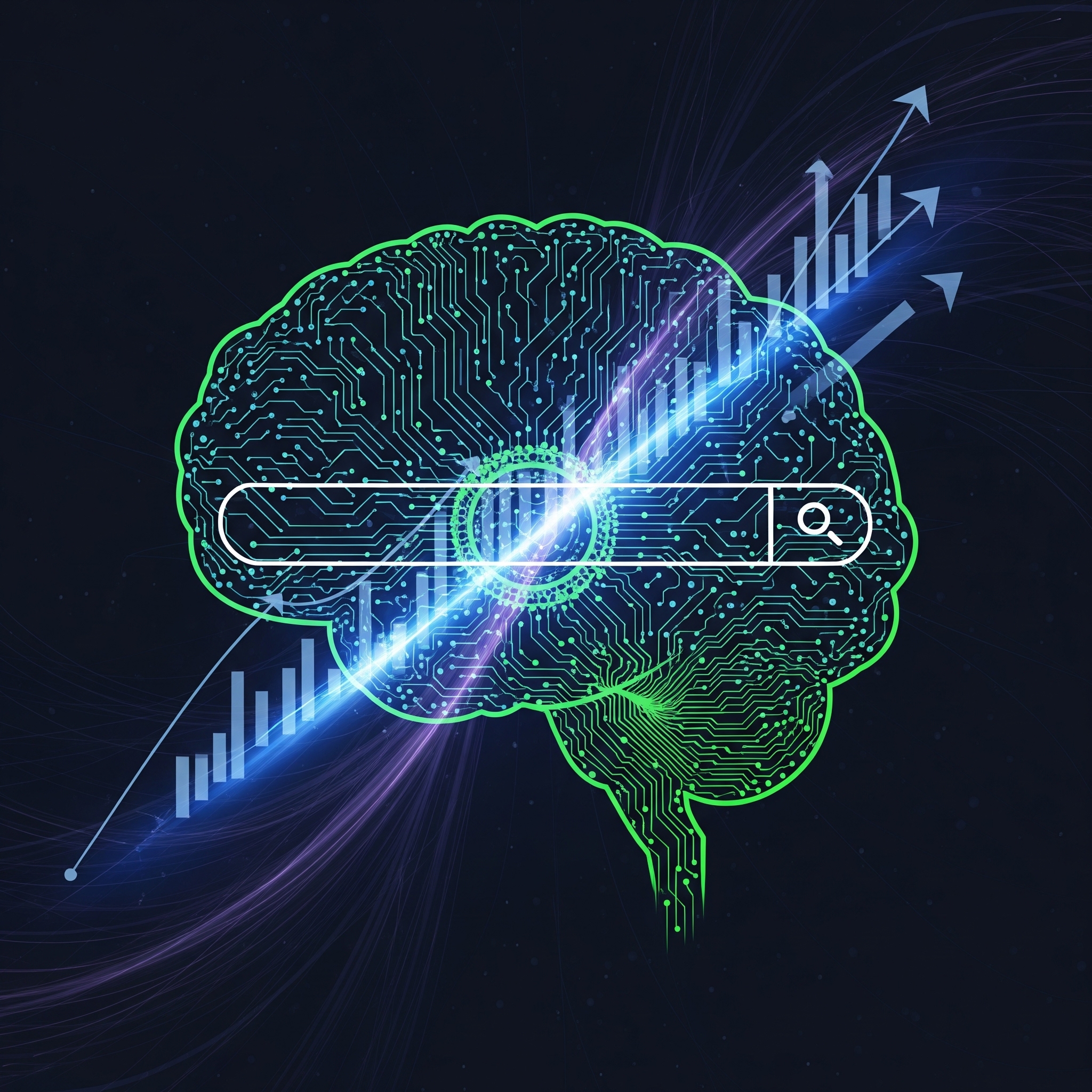Google AI Mode impact at IO 2025 marks a transformative shift in search technology, fundamentally altering how users interact with search results. With its ability to deliver direct answers and even handle transactions, Search AI Mode significantly reduces the need for users to visit external websites—raising urgent concerns and opportunities for affiliate marketers. This article explores the potential impact, challenges, and strategic shifts required in affiliate marketing to adapt and thrive.
What is Google’s Search AI Mode?
Launched for all U.S. users as of May 23, 2025, Google’s Search AI Mode uses the Gemini AI models to offer personalized, interactive, and transactional search experiences. Notable features like Deep Search deliver detailed, AI-generated reports, while Search Live offers real-time, interactive camera-based searches. Crucially, AI Mode enables transactions directly within search results—for instance, users can purchase event tickets directly via integrations with Ticketmaster or StubHub. For affiliate marketers reliant on referral traffic, this development dramatically alters the landscape.
How AI Mode Changes Affiliate Marketing
The potential impacts on affiliate marketing could be significant. Traditional keyword-optimized websites may face steep declines in organic traffic. Industry forecasts predict up to a 25% loss of organic search traffic by 2026 due to AI-driven search, with some niches potentially losing up to 96% of their referral traffic. Particularly vulnerable are coupon and cashback sites that heavily rely on last-click attribution since AI Mode transactions bypass traditional click-through interactions altogether.
However, these changes also present opportunities. The decrease in traditional referral traffic may accelerate the shift toward creator-driven affiliate marketing, where authentic influencer-generated content on platforms like TikTok and YouTube can maintain engagement and drive conversions directly, potentially offsetting losses from reduced search traffic.
Rethinking Attribution Models
As Google’s AI Mode handles transactions directly within search results, the traditional last-click attribution—where credit goes exclusively to the final touchpoint—is likely to diminish in value. Alternative models, such as first-click attribution (crediting the initial interaction) and code-based attribution (using promo codes), may become crucial. Code-based attribution in particular offers a simple, cookie-free solution aligning well with AI Mode’s transactional approach, helping marketers accurately measure affiliate-driven conversions despite reduced website interactions.
Navigating the End of Cookies
Google’s imminent phase-out of third-party cookies by Q3 2024 further compounds challenges in attribution. Cookies have long been foundational for tracking user behavior, yet tighter privacy regulations (such as GDPR and CCPA), increased browser restrictions, and evolving user habits like using incognito mode or deleting cookies, have severely limited their effectiveness. To maintain accurate attribution in an AI-driven environment, affiliate marketers must swiftly adopt alternatives such as first-party data, server-side tracking, and referral or promo codes.
Opportunities for Affiliates in an AI-driven World
Despite these challenges, Search AI Mode introduces new avenues for marketers. Google has begun experimenting with embedding ads directly into AI-generated search responses, potentially offering affiliate marketers new ways to secure visibility and drive traffic—although implementation details remain uncertain.
Yet, the competitive landscape intensifies as AI reduces the surface area for traditional SEO tactics. Marketers must now prioritize creating unique, authoritative, and genuinely valuable content. Leveraging direct audience connections through channels such as newsletters, exclusive communities, or personalized interactions will be critical to staying visible and relevant.
Preparing for the Future of Affiliate Marketing
Google AI Mode impact affiliate marketers with a dual challenge and opportunity. Immediate adaptation to the Google Search AI Mode landscape is essential. Marketers should reconsider and refine their SEO strategies, prioritize influencer-driven channels, and transition quickly to alternative tracking methods such as promo codes and first-party data management.
Embracing these changes proactively positions marketers on Google’s AI Mode impact not merely to survive but thrive amid this evolving digital landscape. The keys to success lie in agility, direct audience engagement, and ongoing strategic innovation. As AI-driven search transforms user behavior, staying informed, flexible, and responsive will determine future success in affiliate marketing.
Key Citations
- Google Blog: AI Mode in Google Search
- The Verge: AI Mode Future of Search
- Google’s AI-Only Search Results: What It Means for Affiliate Marketers
- Adweek: AI-Enabled Search Impact
- Adweek: Google Brings Ads to AI Mode
- How Google’s algorithm updates may impact affiliate marketing SEO in 2025
- Influencity: AI Affiliate Marketing Future
Ready to Adapt and Thrive?
Navigating Google’s evolving AI landscape requires expert insights and strategic guidance. If you’re looking to stay ahead of these changes and maximize your affiliate marketing success, let’s connect. Visit my About Me page to learn how I can help you adapt your strategy, optimize performance, and seize new opportunities in this AI-driven world.
